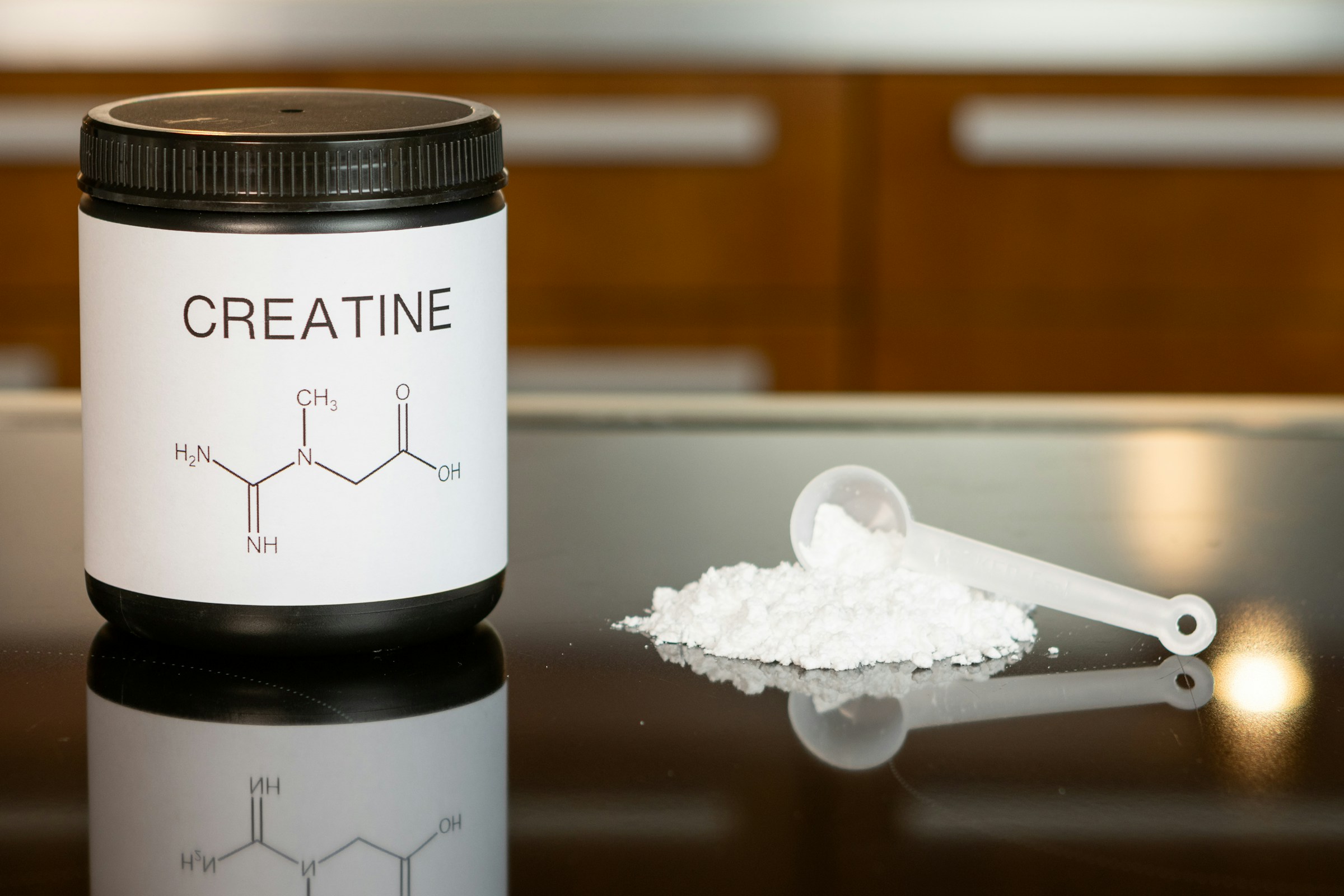
In the world of fitness, creatine is a star supplement. It offers a quick burst of energy to fuel workouts, improve recovery, and help increase strength and performance. Popular among recreational athletes and professionals, creatine is a compound made of three different amino acids: L-arginine, glycine, and L-methionine. While creatine is found naturally in the body, this supplement is taken in exogenous powder form to help boost levels in the body.
If you’re planning on taking creatine, it’s important to understand the relationship between creatine and water. Creatine requires ample amounts of water to work properly. Before you dive into adding this supplement to your fitness routine, it’s first important to consider how much water to drink with creatine for optimal results.
How creatine works

Understanding how much water to drink while taking a creatine supplement starts with an understanding of how it works. When you take a creatine supplement, your body converts it to an active form known as phosphocreatine. From here, it is circulated throughout the blood and into your body’s muscles.
Creatine attracts water molecules into the muscle, which is why you might retain more water when taking a creatine supplement. This water retention could be anywhere from two to five pounds for beginners. As you taper down your levels of creatine over time, your body will adjust to the water retention. The increase of water drawn into the muscles can make them look larger and fuller in size, but can also leave you with minor bloating throughout the body.
How much water to drink with creatine
Since creatine draws water into the cells, hydration is important while taking this supplement. After taking a creatine supplement, your body will pull water from the bloodstream and into the muscles. If there’s not enough water circulating throughout your body (due to dehydration), creatine will not be able to work as effectively. So, how much water should you be drinking?
The amount of water you should consume depends on your activity level, body weight, and dosage of creatine consumed. However, a general rule of thumb is to consume at least 12 to 16 cups of water daily (equal to about one gallon). If you notice signs of dehydration (excessive thirst, tiredness, dry mouth), you likely need to consume more water. Consuming water with added electrolytes is a great way to make your water taste great and help fuel your performance even more.
While drinking enough water while taking creatine is important, remember that overhydration is equally as dangerous as dehydration. Consuming upwards of 2 gallons of water per day can lead to overhydration, impairing creatine’s effectiveness. Keeping a water log or journal or using a food/water tracking app can help you stay on top of how much water you consume daily.



